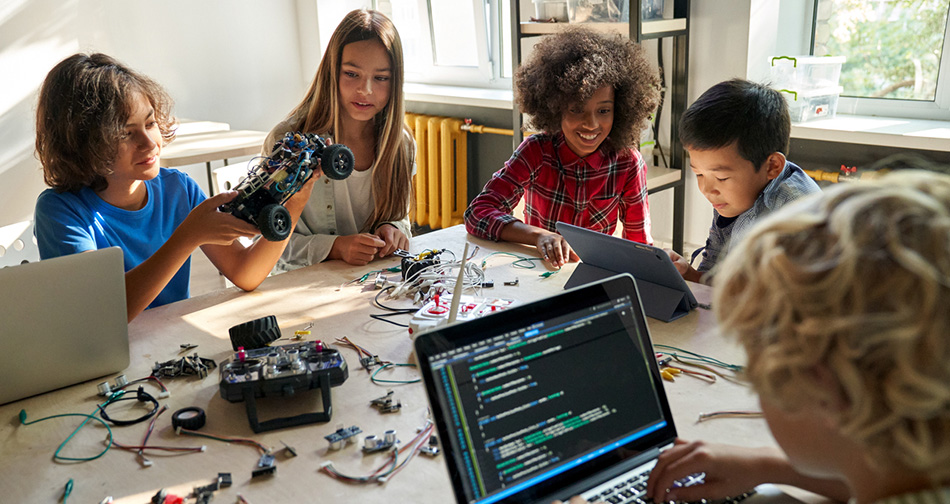AI can help − and hurt − student creativity
Feb 5, 2024

Teachers across the country are grappling with whether to view AI tools like ChatGPT as friend or foe in the classroom. My research shows that the answer isn’t always simple. It can be both.
Teaching students to be creative thinkers rather than rely on AI for answers is the key to answering this question. That’s what my team and I found in our study on whether AI affects student creativity, published in the Journal of Creativity and representing scholars from the University of South Carolina, the University of California, Berkeley and Emerson College.
In the study, we asked college students to brainstorm – without technology – all the ways a paper clip can be used. A month later, we asked them to do the same, but using ChatGPT. We found that AI can be a useful brainstorming tool, quickly generating ideas that can spark creative exploration. But there are also potential negative effects on students’ creative thinking skills and self-confidence. While students reported that it was helpful to “have another brain,” they also felt that using AI was “the easy way out” and didn’t allow them to think on their own.
The results call for a thoughtful approach to using AI in classrooms and striking a balance that nurtures creativity while utilizing AI’s capabilities.
Read the full article here.
